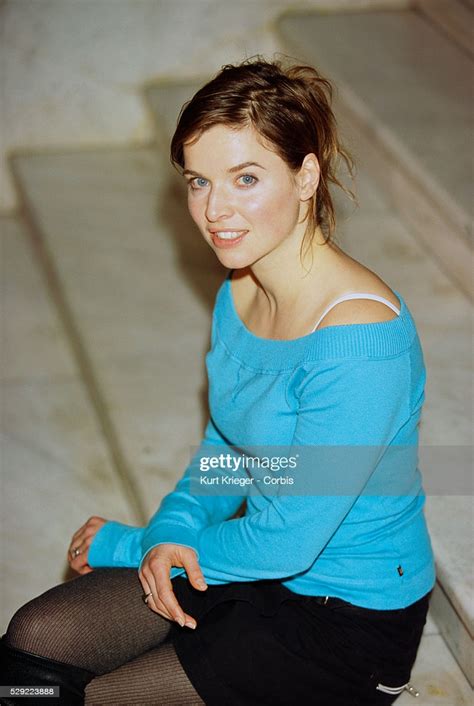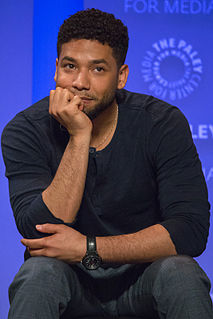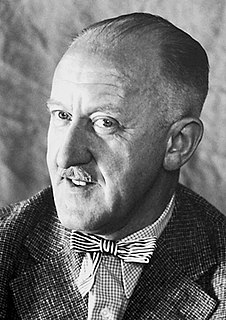A Quote by Eric Hoffer
How terribly hard and almost impossible it is to tell the truth. More than anything else, the artist in us prevents us from telling aught as it really happened. We deal with the truth as the cook deals with meat and vegetables.
Related Quotes
Most of us avoid telling the truth because it's uncomfortable. We're afraid of the consequences-making others feel uncomfortable, hurting their feelings or risking their anger. And yet, when we don't tell the truth, and others don't tell us the truth, we can't deal with matters from a basis in reality.
Sometimes I don't tell the truth, which is telling the truth about not telling the truth. I think people don't tell the truth when they're afraid that something bad's going to happen if they tell the truth. I say things all the time that I could really get into trouble for, but they kind of blow over.
The issue is that when you're a critic it's hard to tell the difference between the thrill of denouncing and telling the truth. Telling the truth to me feels more often like denouncing than like praising. There are many more concrete advantages in the world for people who praise than for those who denounce. So if you want to tell the truth, oftentimes you're going to err on the side of denouncing. That's just something I have to work on.
Start telling the truth now and never stop. Begin by telling the truth to yourself about yourself. Then tell the truth to yourself about someone else. Then tell the truth about yourself to another. Then tell the truth about another to that other. Finally, tell the truth to everyone about everything. These are the Five Levels Of Truth Telling. This is the five-fold path to freedom.
In order to be truthful
We must do more than speak the truth.
We must also hear truth.
We must also receive truth.
We must also act upon truth.
We must also search for truth.
The difficult truth
Within us and around us.
We must devote ourselves to truth.
Otherwise we are dishonest
And our lives are mistaken.
God grant us the strength and the courage
To be truthful.
Amen
More and more, and especially over the last two decades, we've found out how many conspiracies there actually are. We really don't know the exact truth about a lot of things. We know there are big things going on involving huge companies and industries, whether it's money involved or oil or things in their own country, but there are personal interests at play and it's a very well woven network that's hard to break down. Sometimes it is hard, for us, to know who is telling the truth.
But there’s a reason we recognize Hamlet as a masterpiece: it’s that Shakespeare told us the truth, and people so rarely tell us the truth in this rise and fall here [indicates blackboard]. The truth is, we know so little about life, we don’t really know what the good news is and what the bad news is.
How forthright does the audience want the broadcasters to be? Because when you tell your truth, there's a lot of anger that comes out. I think it's a good question to ask TV people [executives] too. How much truth do they want to be told? How much truth does the league want told? Because the truth isn't just a positive truth. If you're going to tell the truth, you would be telling a lot of positive and some negative.
As TV embedded itself into the national consciousness, it got us to remember how more than just the facts transmits truth and reality - and in fun, engaging ways. TV also showed us how telling our stories, confronting our own truths makes us and the people with whom we're sharing feel less lonely and alienated.




































